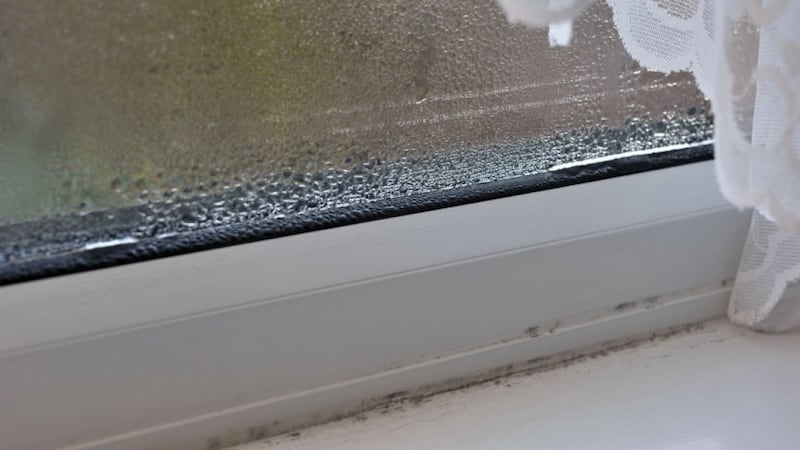Photo / NZME
By Hazel Osborne, Open Justice multimedia journalist, Wellington
A Kāinga Ora tenant says her home was so cold and damp she went into debt trying to keep it warm.
Teresa Tua and her family moved into a Kāinga Ora home in Whangārei in 2009 but in 2013 water pipes started bursting on multiple occasions.
In the years after that other problems began to emerge, including cracks in the walls, and Kāinga Ora arranged for an inspection to find out what was wrong.
A structural engineer found that the house had subsided and large-scale remedial building work would be needed to repair it. That work would include repiling the house and improving stormwater drainage.
Tua, who appeared in the Tenancy Tribunal in March seeking compensation, said the subsidence caused the house to be cold, damp and difficult to heat, with gaps forming around the windows and doors and developing mould.
Tua says her children got sick because of the condition of the house and elderly members were reluctant to visit because of the damp and cold.
She said her power bills were "very high" over the last four winters and the cost put her in debt.
A representative for Kāinga Ora said they were willing to do the work to fix the house, but their attempts "were frustrated for a number of reasons".
Work on the house was delayed because of lack of tradespeople, Covid-19 delays and difficulty accessing the property.
Kāinga Ora's Whangārei regional director Jeff Murray told Open Justice that they were first made aware of the extent of the problems in mid-2019.
Murray said the engineer's report confirmed substantial work was required, which included getting resource consent for more stormwater drainage at the property.
"As the Tenancy Tribunal noted in its decision, the additional factors of getting qualified tradespeople to begin work, the 2020 Covid lockdown, and arranging access when it suited our customer, all contributed to the delays.
"As such, there is not much Kāinga Ora could reasonably have done to resolve the issues with the property any sooner," Murray said.
Tenancy Tribunal Adjudicator N Blake said he accepted that the delay in carrying out work on the house was not due to any fault on the part of Kāinga Ora, but still found Tua was entitled to compensation.
He said this was due to a number of reasons, including that there was a proven problem with the property, the impact the problems had on Tua was significant, and the issues persisted for a long time.
Tua was compensated $3,750 for over-compromised living conditions due to the house sinking into the land it was on.


